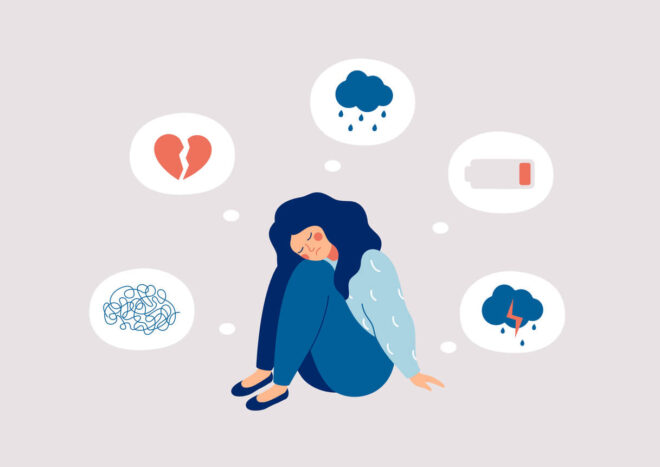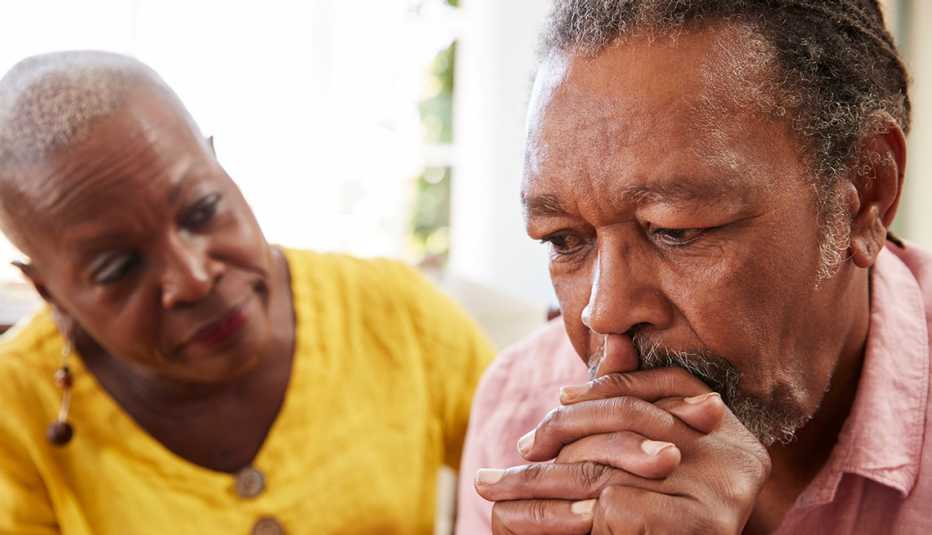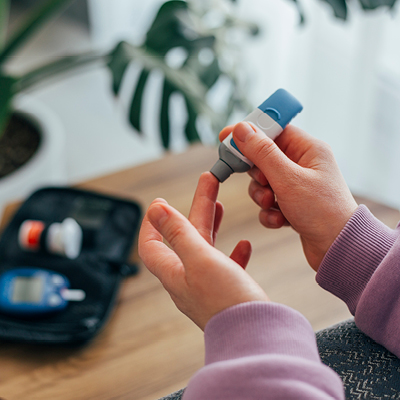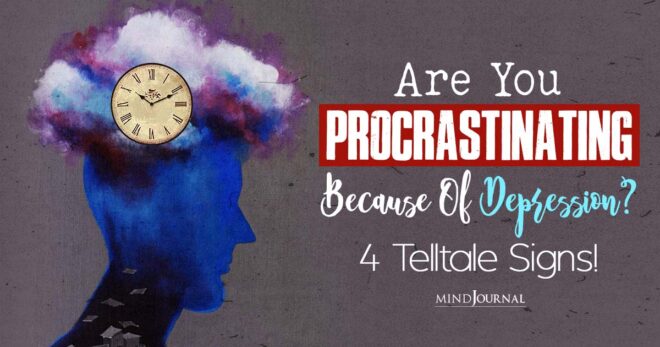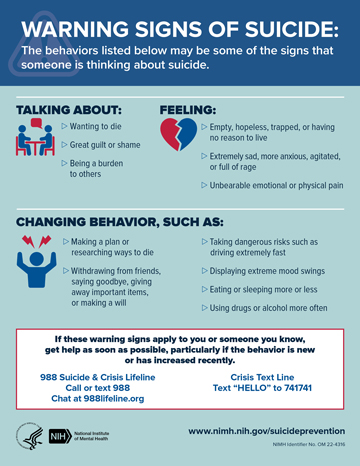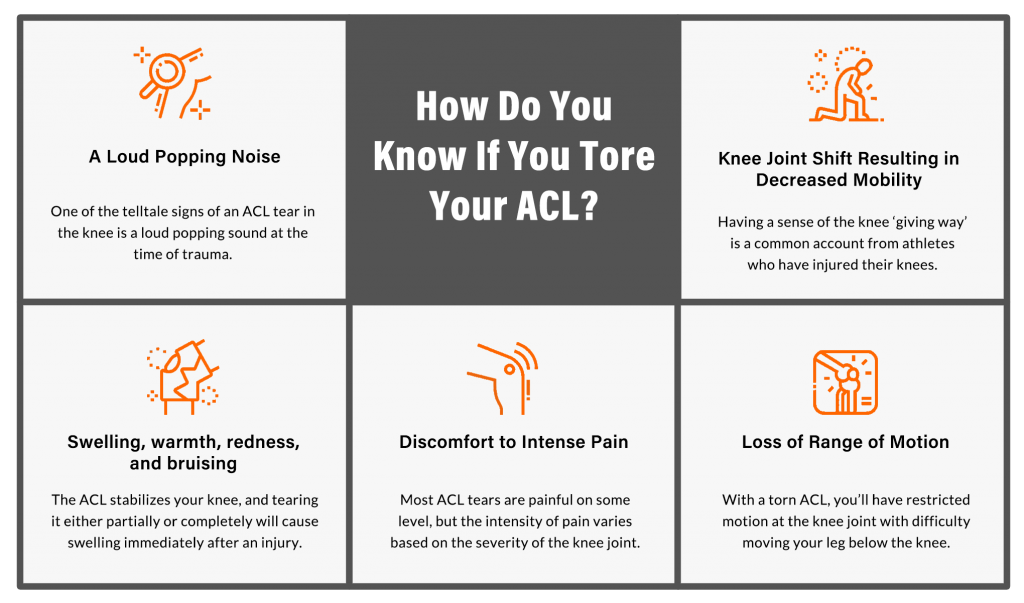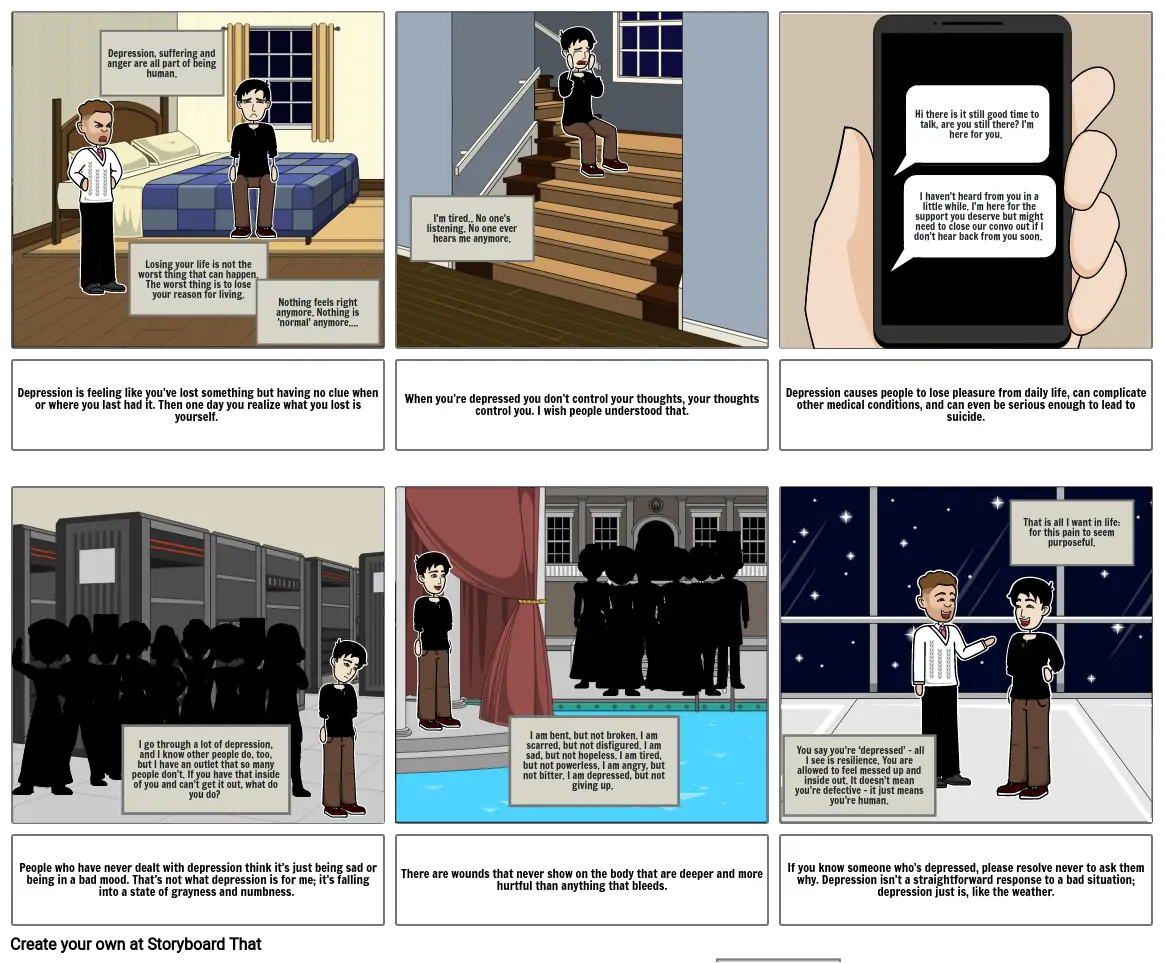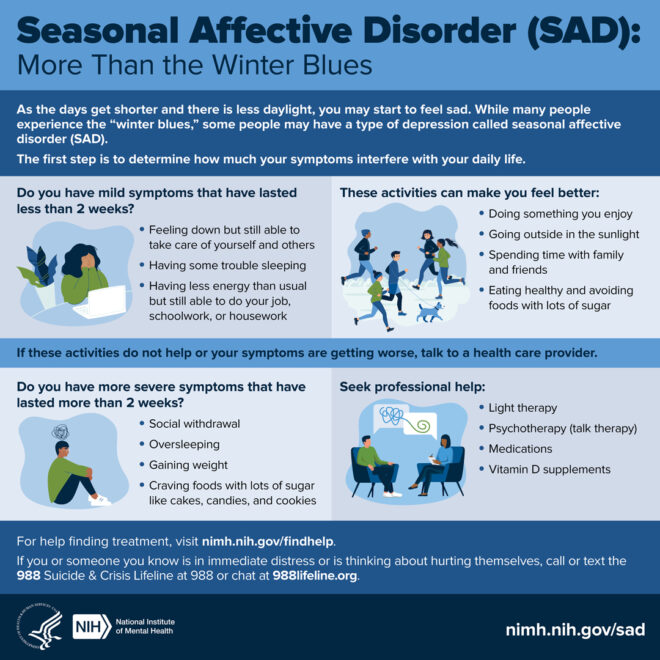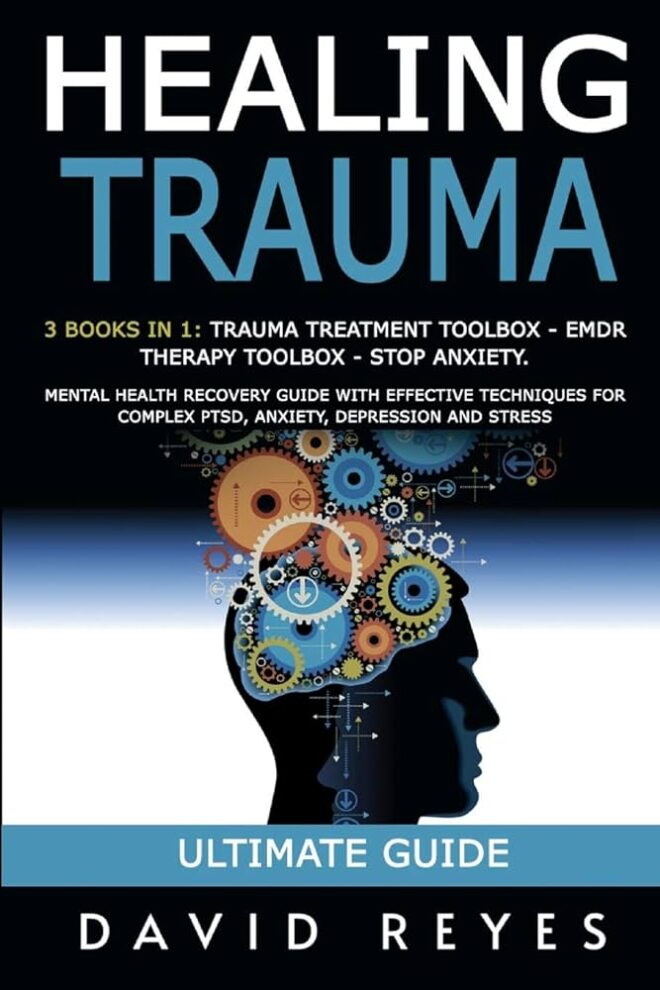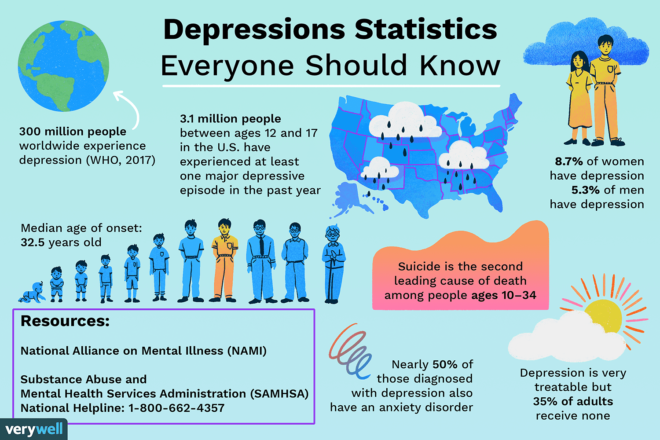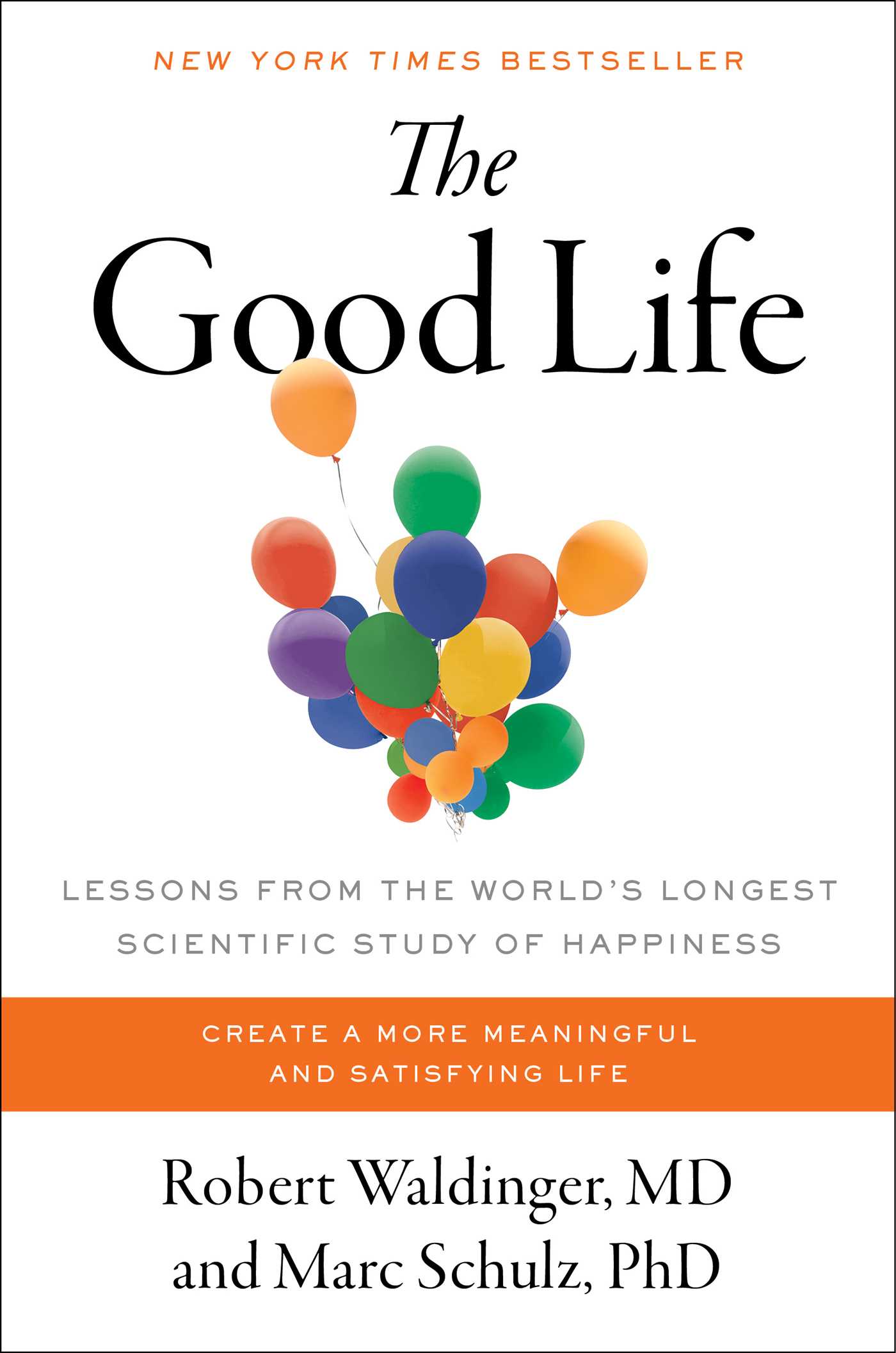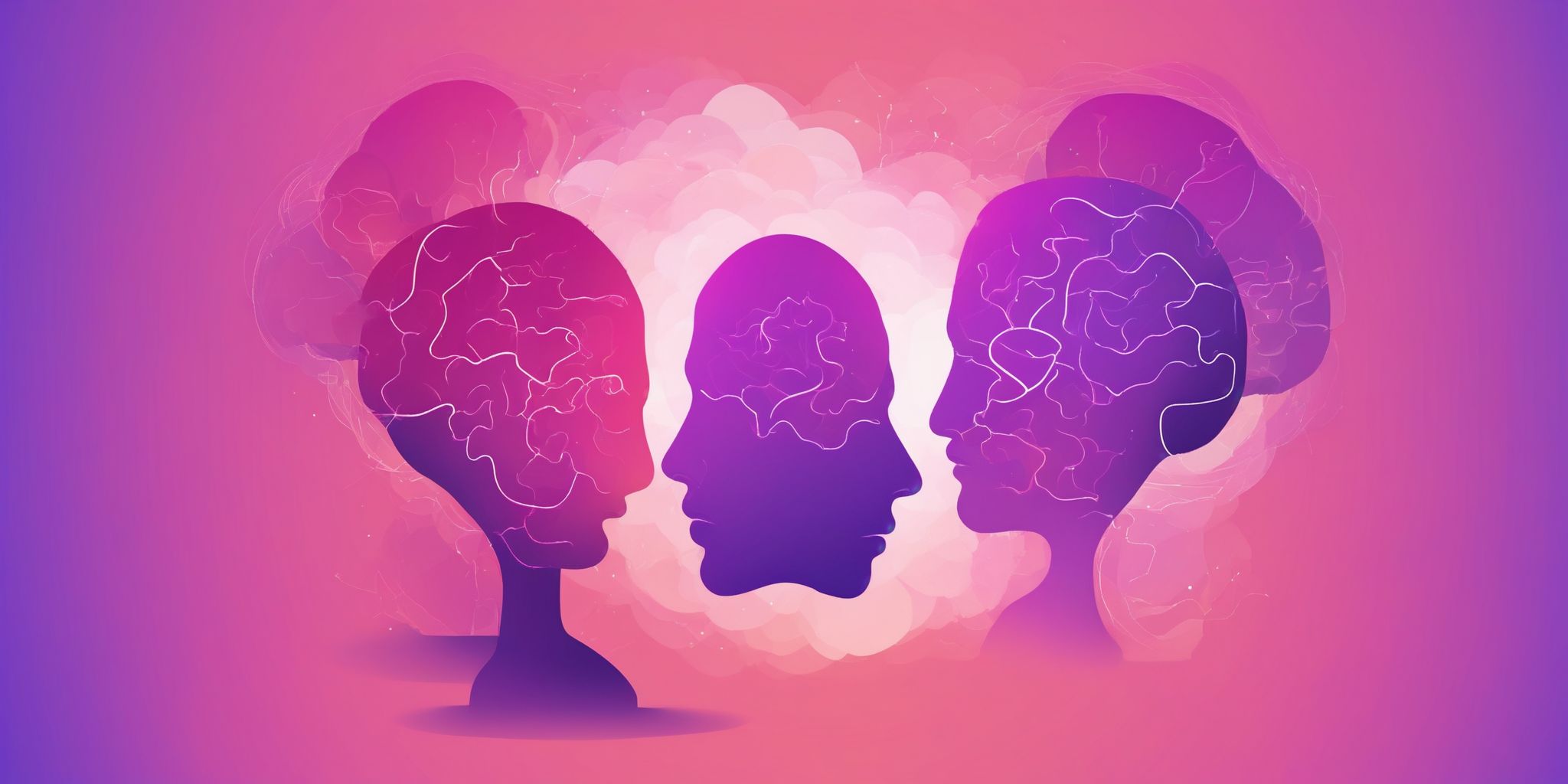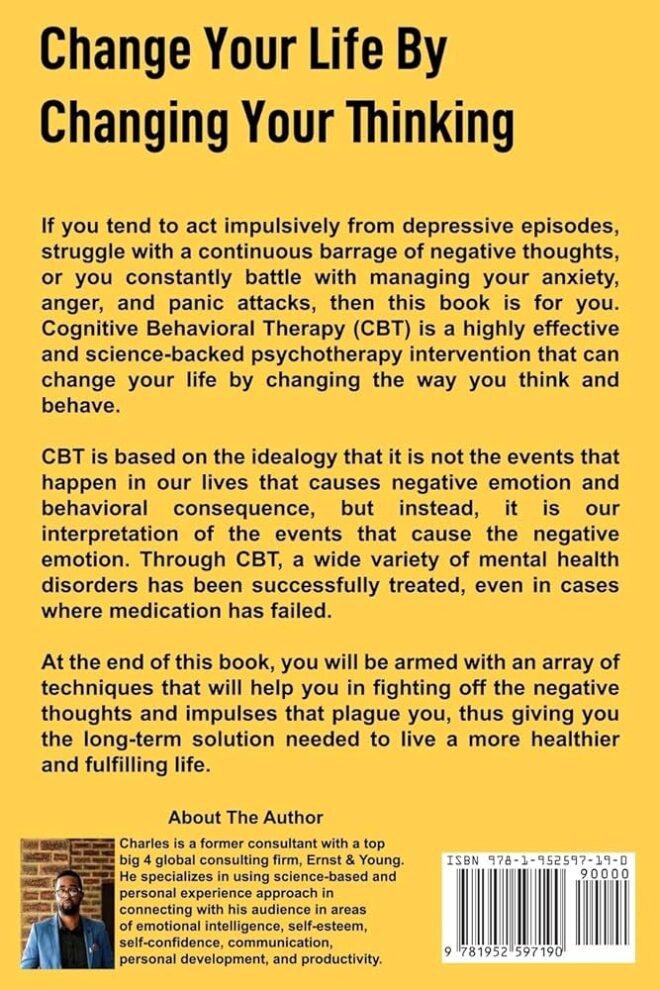What Does Depression Look Like? 7 Alarming Signs You Need to Recognize
Depression may appear as persistent sadness, loss of interest in activities, changes in sleeping and eating patterns. It can lead to feelings of hopelessness, worthlessness, and even thoughts of self-harm.
Living with depression can be challenging, as it impacts not only one’s mental health but also their overall well-being. Recognizing the signs and symptoms of depression is crucial for early intervention and effective treatment. Understanding the various aspects of depression, such as its causes, risk factors, and available treatment options, can help individuals navigate through this mental health condition.
By shedding light on what depression looks like and how it can manifest, we can break through the stigma surrounding mental illness and promote a more supportive and understanding environment for those who are struggling.

Credit: www.westtexaschiropractic.com
Recognizing Depression
Recognizing depression involves recognizing symptoms like persistent sadness, low energy, and loss of interest in activities. Other signs can include changes in sleep and appetite, irritability, and difficulty concentrating. Additionally, social withdrawal and feeling hopeless are also common indicators of depression.
| Physical Symptoms | Emotional Symptoms |
| Fatigue, changes in sleep patterns, frequent headaches. | Hopelessness, loss of interest in activities, persistent sadness. |
| Digestive issues, body aches, struggling to concentrate. | Irritability, guilt, withdrawal from social interactions. |
If you notice any of these signs, seeking help is essential for recovery.

Credit: royalsuiteshealthcare.blog
Alarming Signs Of Depression
Recognizing the warning signs of depression can be crucial for early intervention. Symptoms may include persistent sadness, lack of interest in activities, changes in appetite or sleep patterns, irritability, and thoughts of self-harm. It’s important to seek help if you notice these signs in yourself or others.
| Alarming Signs of Depression: |
| • Persistent sadness or anxiety is a common sign of depression. Individuals may experience a constant feeling of emptiness or hopelessness. |
| • Loss of interest or pleasure in activities they once enjoyed is another red flag. Hobbies, socializing, or even spending time with loved ones may no longer bring joy. |
| • Changes in weight or appetite can also indicate depression. Some individuals may have a significant increase or decrease in their appetite, leading to noticeable weight fluctuations. |
| • Sleep disturbances are commonly experienced by those with depression. Insomnia or excessive sleeping may disrupt their regular sleep patterns. |
| • Fatigue or loss of energy is often reported. Even simple tasks that used to be easy can feel extremely draining. |
| • Feelings of worthlessness or guilt are frequently experienced. Individuals may constantly blame themselves for their circumstances or feel a general sense of inadequacy. |
| • Difficulty concentrating or making decisions can be a result of depression. Mental fog and a lack of focus can hinder daily functioning. |
Recognizing Depression In Different Groups
Depression can manifest differently in various groups. Men may exhibit symptoms such as irritability, anger, and loss of interest in work or hobbies. They may also engage in risky behaviors or self-medicate with substances. Women may experience feelings of sadness, guilt, and worthlessness. They may also have changes in appetite and sleep patterns. Teens may display irritability, isolation, and academic decline. They may also engage in self-harm or exhibit reckless behavior. Seniors may present with physical complaints, memory problems, and social withdrawal. They may also have a loss of interest in previously enjoyed activities.
Recognizing depression in different groups is crucial in order to provide appropriate support and treatment. It is important to be aware of these distinctive signs and symptoms to ensure early intervention and minimize the impact of depression on individuals’ lives.
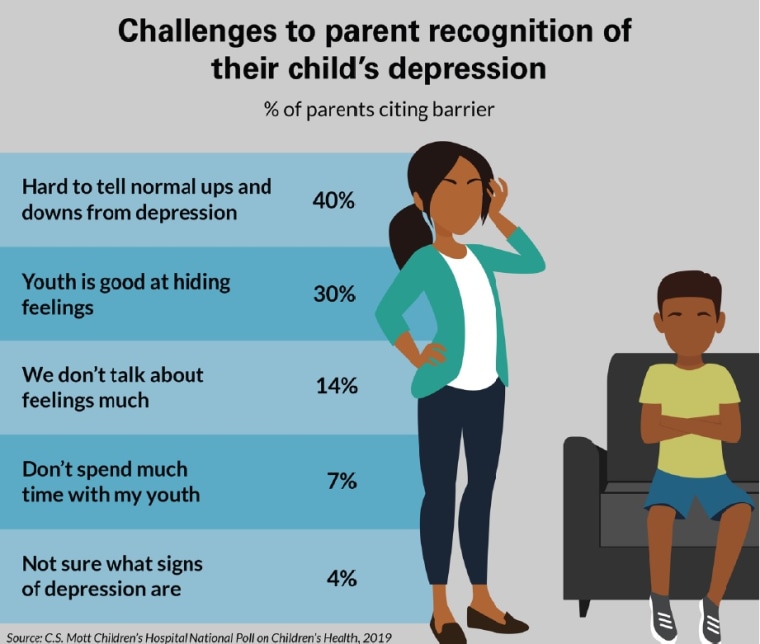
Credit: www.today.com
Warning Signs For Suicide Risk
Recognizing warning signs for suicide risk involves paying attention to changes in behavior, such as withdrawal, mood swings, and reckless actions. Individuals with depression may exhibit these signs, along with feelings of hopelessness and despair, indicating a need for immediate support and intervention.
| Warning Signs for Suicide Risk |
| Talking About Suicide |
| Seeking Means to Self-Harm |
| Withdrawal from Social Activities |
| Extreme Mood Swings |
Seeking Help For Depression
Depression can manifest itself in various ways. It might include feelings of sadness, loss of interest, changes in appetite, sleep disturbances, and difficulty concentrating. Seeking professional help is crucial in identifying and addressing these symptoms for optimal mental well-being.
| Therapy and counseling: Talking to a professional can provide valuable support. |
| Medication: Sometimes medication may be prescribed to manage symptoms. |
| Support groups: Connecting with others who understand can be comforting. |
| Lifestyle changes: Eating well and exercising can improve mental well-being. |
Supporting Someone With Depression
Depression affects people in different ways, and it is important to support someone who is going through it. Understanding their experience is key to providing the right kind of help. Encouraging them to seek professional help can be beneficial in managing their symptoms and finding appropriate treatment. Being a compassionate listener is also crucial – let them express their feelings without judgment or interruption. Offer a safe space for them to share their thoughts and concerns. Promoting healthy activities, such as exercise, can have a positive impact on their mental well-being. Encourage them to engage in activities they enjoy and find relaxing. Simple acts of kindness, like offering to accompany them on a walk or engaging in a favorite hobby together, can go a long way in showing your support.
Destigmatizing Depression
Depression can manifest in various ways, such as persistent sadness and loss of interest. It affects daily functioning and may lead to withdrawal from activities. Educating others about the symptoms and effects of depression is crucial. Promoting open conversations can help reduce stigma surrounding mental health. Encouraging empathy and support for those struggling is important for creating a supportive environment.
Conclusion And Resources
Early recognition of depression is crucial in order to provide appropriate support. It is important to be aware of the signs and symptoms of depression, such as persistent sadness, loss of interest in activities, changes in appetite or sleep patterns, and difficulty concentrating. If you or someone you know is experiencing these symptoms, it is important to seek help from a healthcare professional.
There are various resources available to support individuals who are struggling with depression. Online communities and support groups can provide a safe space to share experiences and connect with others who are going through similar challenges. Additionally, there are helplines and crisis centers that offer 24/7 support for those in need. It is also important to educate yourself about different treatment options, such as therapy and medication, and encourage loved ones to seek help if necessary.
Frequently Asked Questions Of What Does Depression Look Like
How Do People Describe The Feeling Of Depression?
Depression is often described as a overwhelming sadness that saps energy and motivation. It can lead to feelings of emptiness, hopelessness, and a loss of interest in activities once enjoyed. Physical symptoms like sleep disturbances and changes in appetite may also be present.
What Are The Signs Of Depression?
Common signs of depression include persistent sadness, loss of interest in activities, changes in appetite or sleep patterns, fatigue, and difficulty concentrating or making decisions. It is important to seek professional help if you experience these symptoms for an extended period of time.
Can Depression Be Genetic?
Yes, genetics can play a role in depression. If you have a family history of depression, you may be more at risk of developing the condition. However, genetics alone is not the only factor. Environmental and life experiences also contribute to the development of depression.
How Is Depression Diagnosed?
A diagnosis of depression is typically made by a healthcare professional who will assess your symptoms, medical history, and perform a mental health evaluation. They may also use certain diagnostic criteria outlined in the DSM-5, which helps classify and diagnose mental health disorders.
Conclusion
Understanding the signs of depression is crucial for early intervention and support. By recognizing the symptoms, you can help yourself or others seek the necessary help. Remember, depression can manifest differently in each person, so offering empathy and assistance is key.
Stay informed and prioritize mental well-being.
